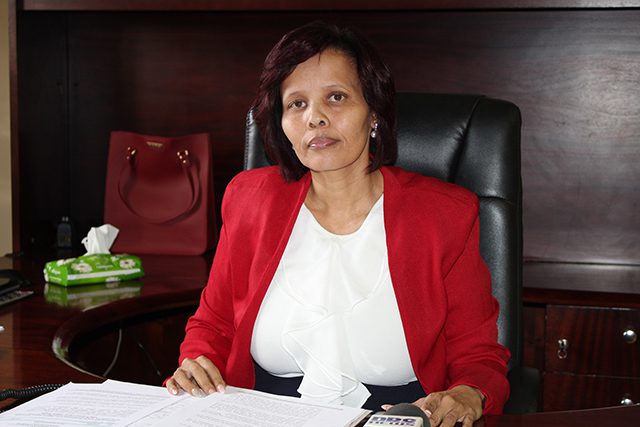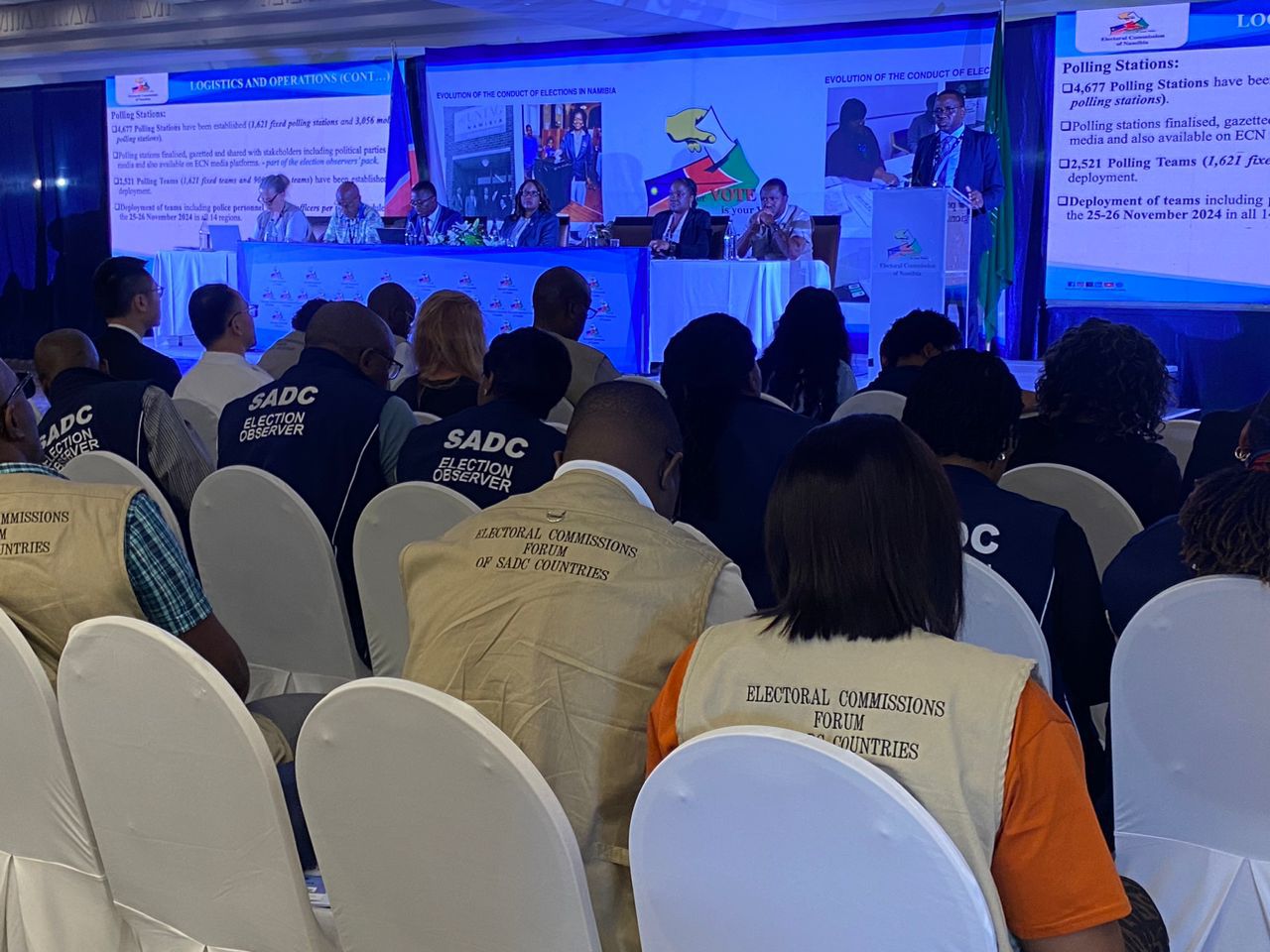//Kharas governor Aletha Frederick says the Public Enterprises Ownership Policy currently under consultation should be able to position state-owned enterprises (SOEs) to drive economic growth in the country.
Frederick says public enterprises (PEs) play a significant role in the economy as they contribute to growth, employment creation and the provision of essential services.
She notes as a result, PEs constitute a key part of national life and national assets, making them central to the developmental and economic agenda.
The governor made these remarks at a stakeholders consultative meeting on the PEs ownership policy which is currently in draft form, held at Keetmanshoop last Monday.
“By engaging in an open and constructive dialogue, we can collectively develop a robust ownership policy that addresses the challenges faced by PEs, while maximising their potential.
As such, it is imperative that we have a well-defined ownership policy that ensures these entities operate efficiently, transparently and in the best interest of the public,” said Frederick.
The Ministry of Finance and Public Enterprises embarked upon a reformation process of SOEs in 2020 as per their mandate to position PEs as key contributors to Namibia’s economic growth before the ministry was added to the finance ministry’s portfolio.
This mandate of PEs being key contributors to the country’s economic growth has not been achievable as [many] SOEs depend more on the public purse for bailouts to remain operational.
Deputy executive director Louise Shixwameni said the gathering of accurate up-to-date data on PEs and several targeted benchmarking missions by the ministry revealed that the governance model of PEs was severely flawed and that it was imperative to centralise their ownership.
“PE reform can only be achieved by ensuring that their operational efficiencies, performance and quality of corporate governance is enhanced to ultimately reduce dependency on government subsidies.
“The money used for subsidies can then be channeled towards social and economic uplifting programmes for our citizens. Therefore, the draft ownership policy aims to clearly define why, when and how PEs should be owned in Namibia,” said Shixwameni.
Finance minister Iipumbu Shiimi did not mince words during the tabling of the medium-term framework last week when he lashed out over the poor performance of PEs and reprimanded them to distance themselves from financing or otherwise benefiting from politically partisan activities.
This stance is highlighted in the draft PE ownership policy document, as SOEs have been questioned for their roles in corruption, nepotism, mismanagement of public funds and abuse of power.
The draft clarifies that the government aims to ensure PEs are owned, managed and governed in a manner that prevents incidents of corruption and other irregular practices, including fraud, bribery and unethical conduct.
“The ultimate purpose of the state’s ownership of PEs is to maximise value for society through the efficient allocation of resources.
Corruption and other irregular practices cause PEs to suffer financial loss, or brand and reputational damage, as well as distorting markets, eroding public trust and causing the degradation of domestic and foreign investor confidence,” said Shiimi.
Namibia currently has 81 PEs consisting of commercial and non-commercial entities such as NamWater, NamPower, TransNamib and NBC, among others.
The total asset value of commercial SOEs stands at N$120 billion, liabilities at N$60 billion and net value assets at N$60 billion. They employ about 25 000 people.
Stay informed with The Namibian – your source for credible journalism. Get in-depth reporting and opinions for
only N$85 a month. Invest in journalism, invest in democracy –
Subscribe Now!






